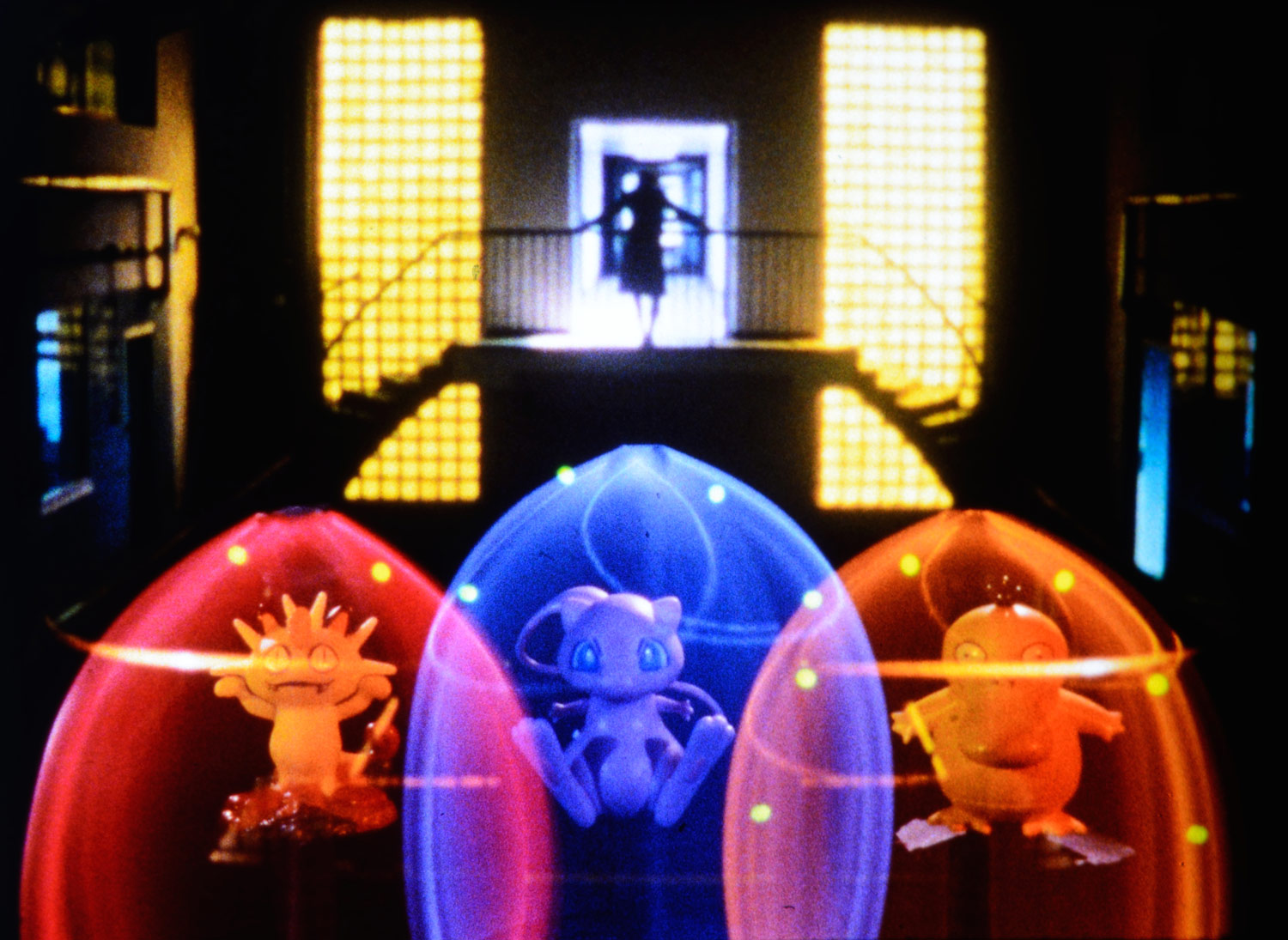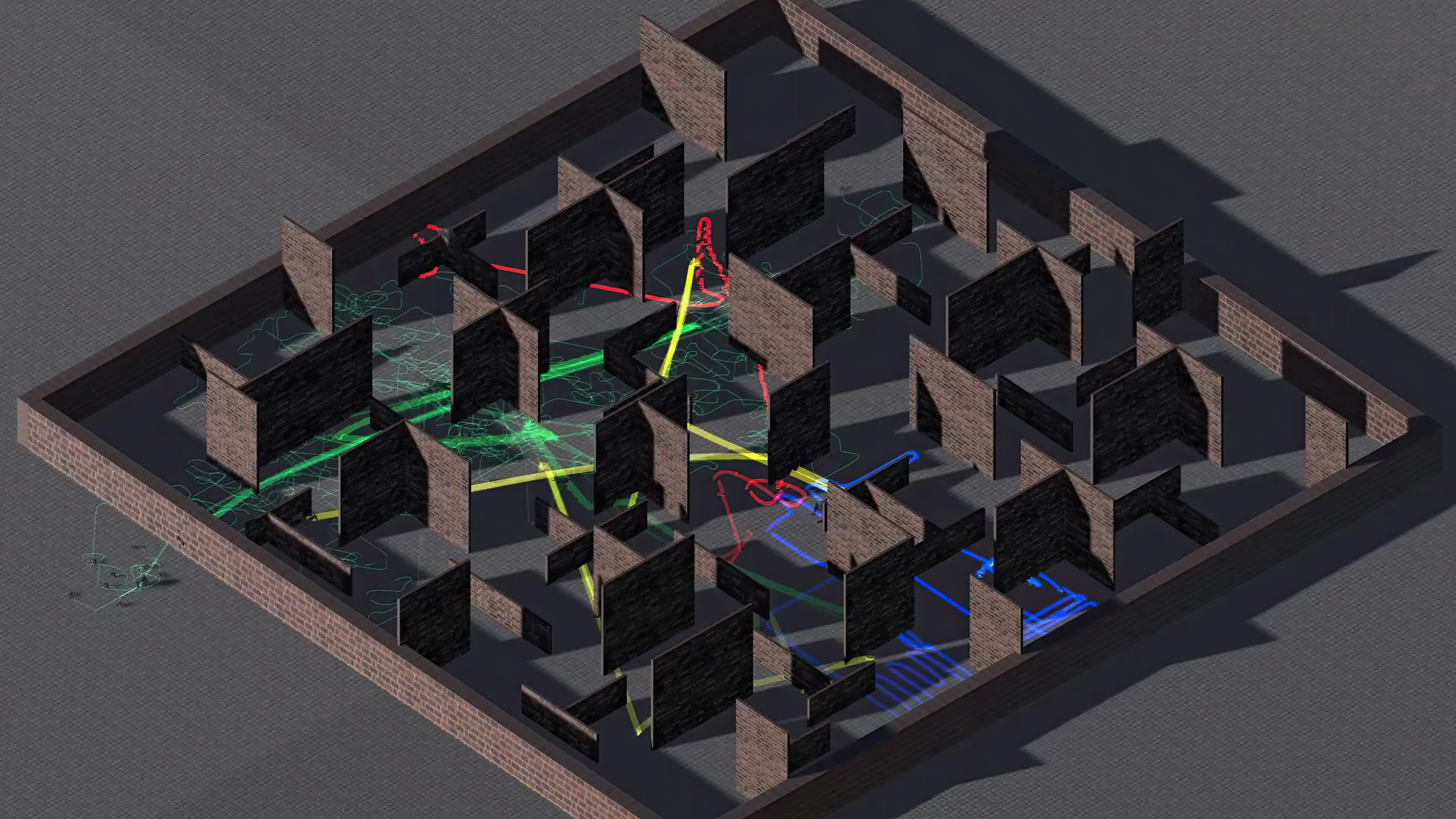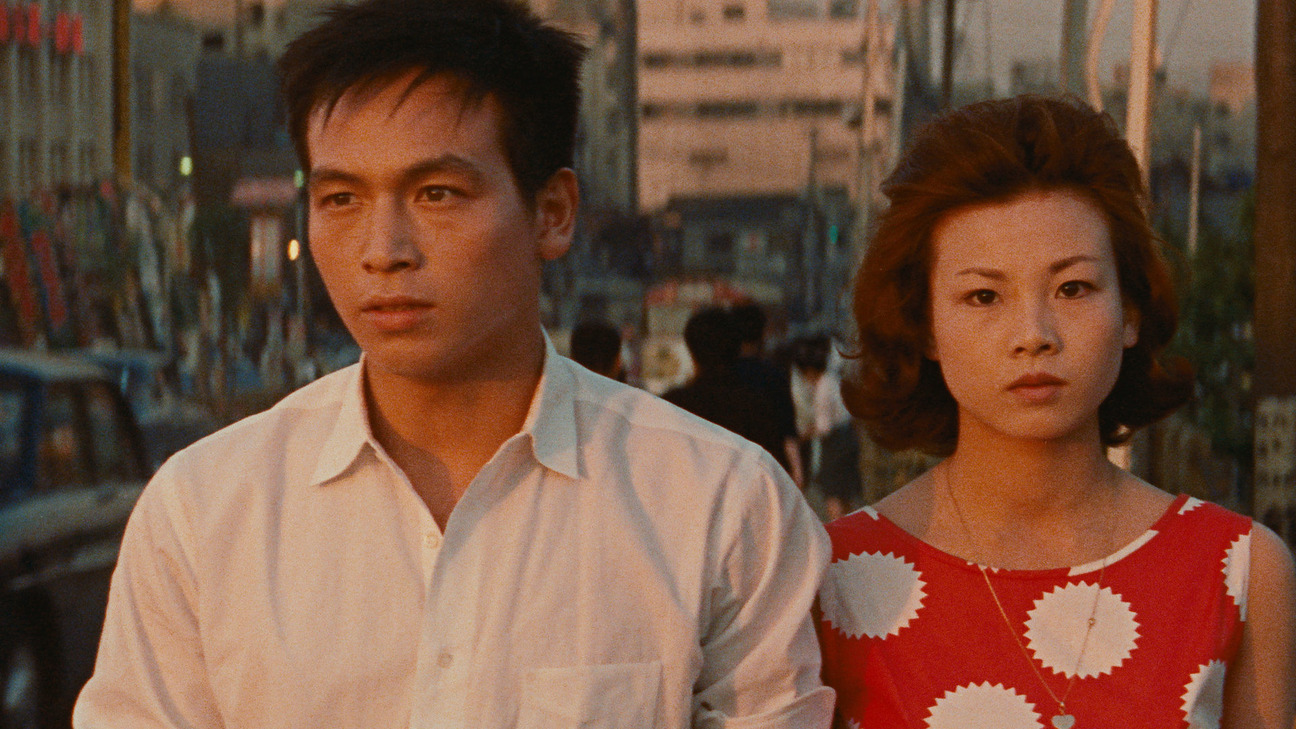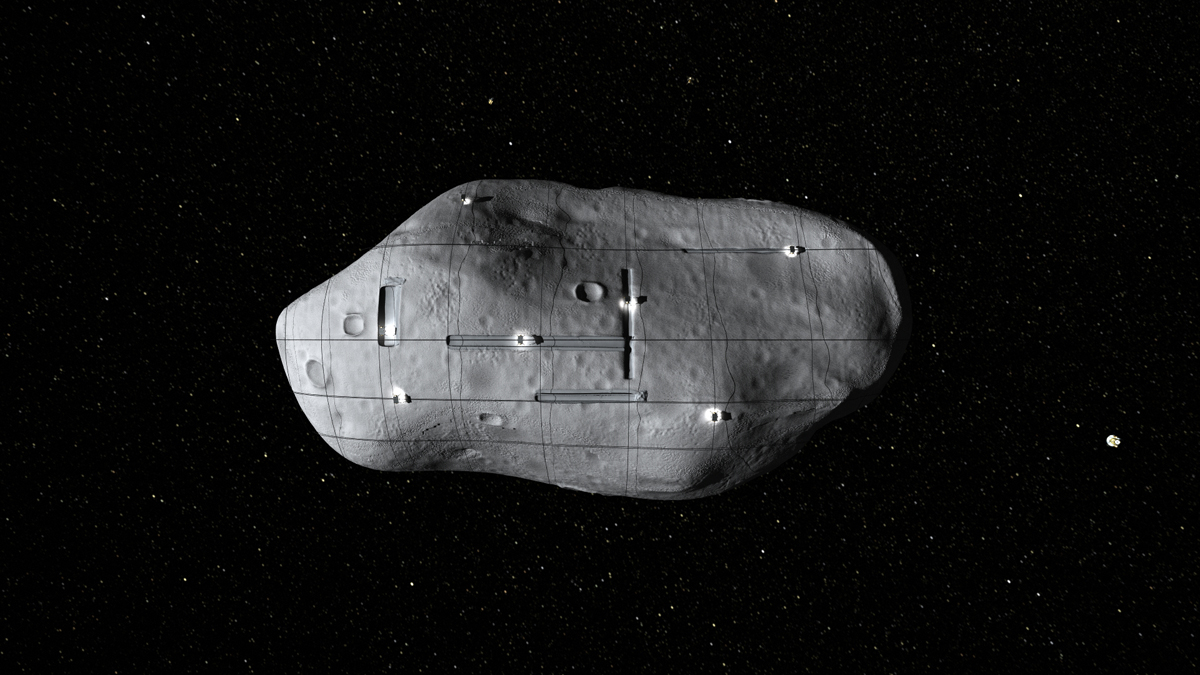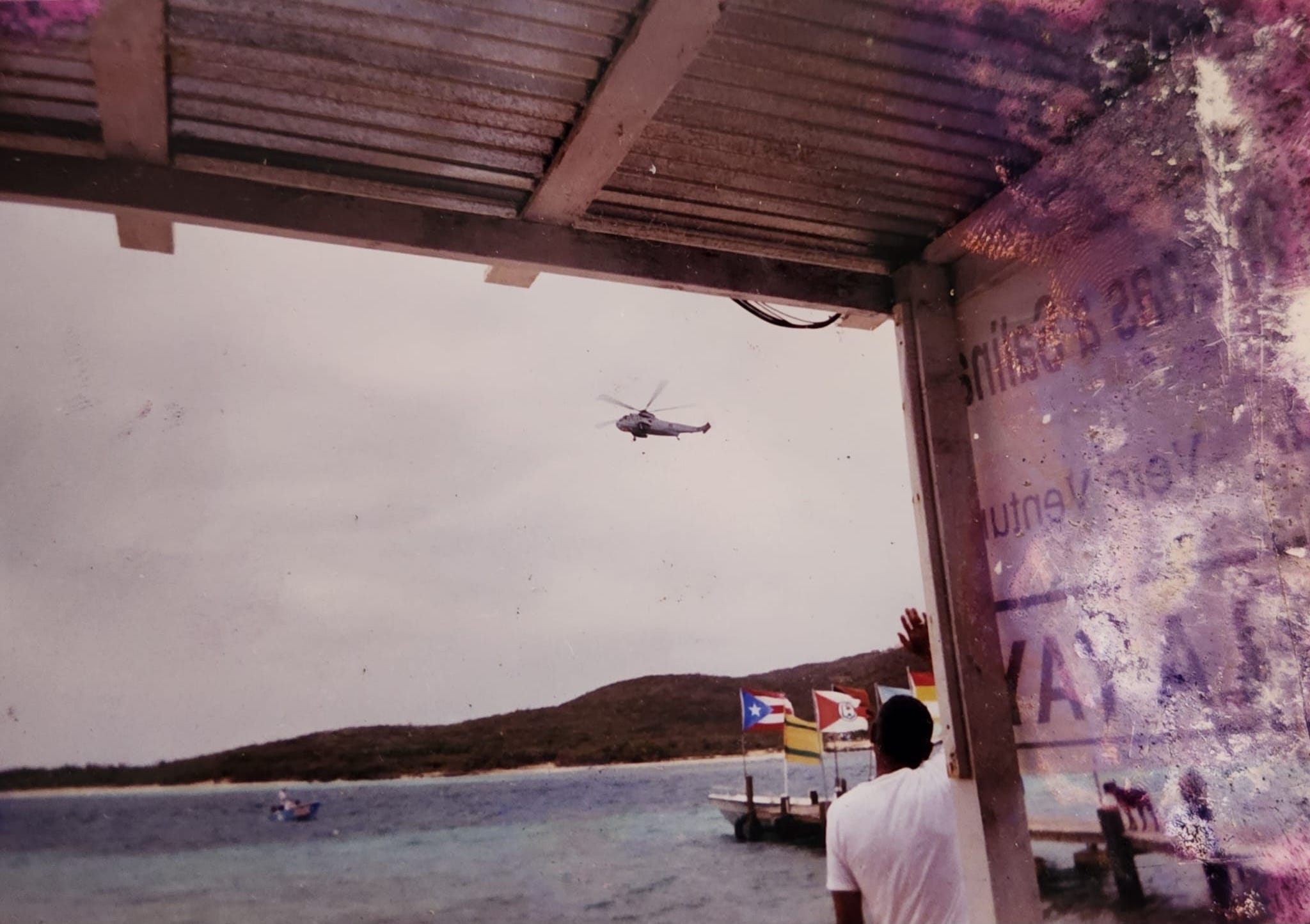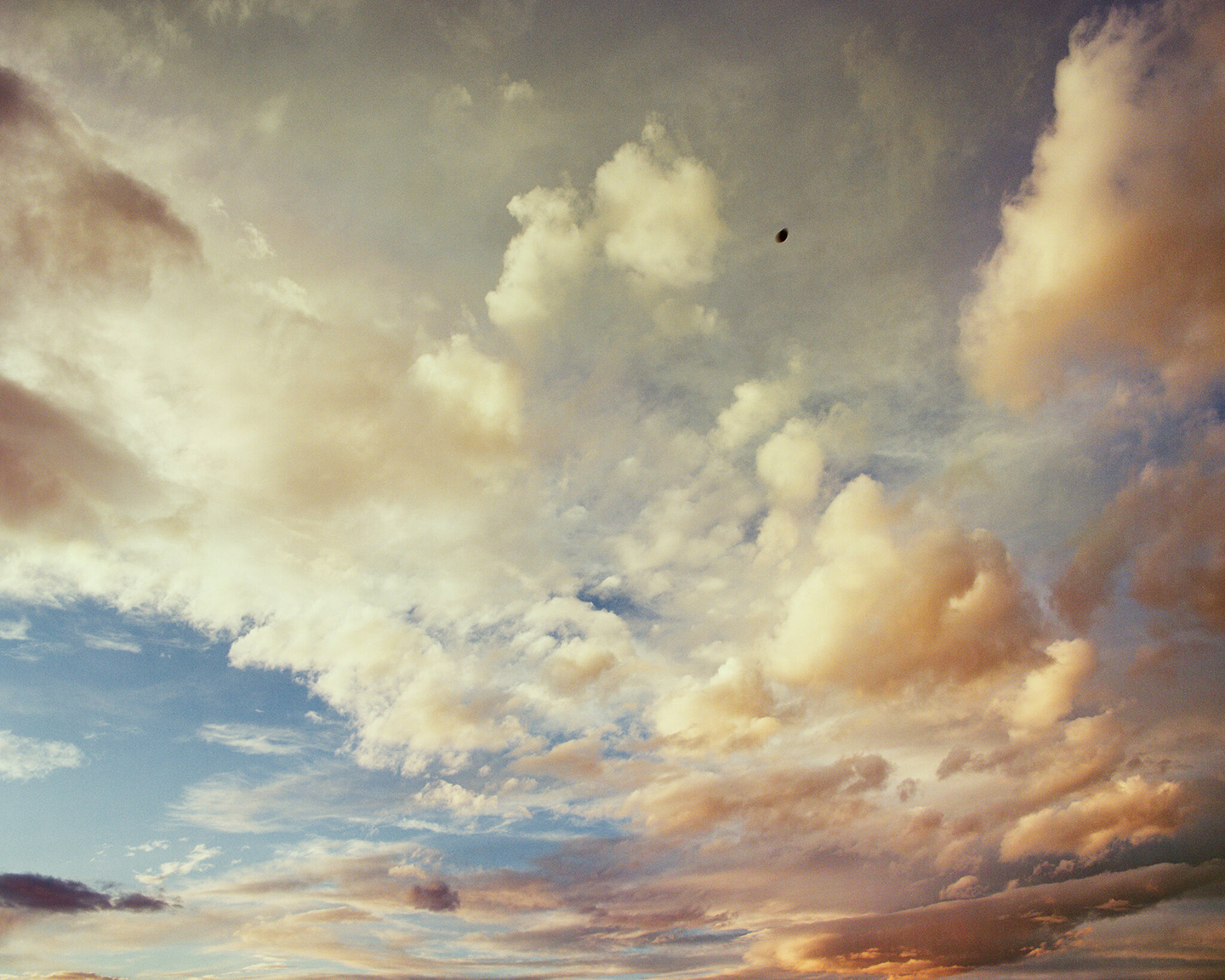Admission starts at $5
April 25, 2024, 7pm
Brooklyn 11205
USA
Join us at e-flux Screening Room on Thursday, April 25 at 7pm for the first part of Beyond Security, a special three-part screening that engages with Japan's Okinawa prefecture—its history, identity, and complicated relationship to legacies of wartime and imperialism. Guest-curated by Hallie Ayres, the series consists of a range of films that trouble the impulse to speak for the prefecture, instead allowing for an archipelagic polyvocality that champions Okinawans’ right to self-define.
For Part I of Beyond Security, films by Chikako Yamashiro, Jun Nguyen-Hatsushiba, and Chris Marker frame Okinawa through, and in light of, the imposition of occupying military infrastructures. These works not only highlight the palimpsest of forces that have determined Okinawa’s present relationship to its autonomy (or lack thereof), but also underscore the networked relationship between Okinawa and its geographic neighbors who have withstood (and still withstand) similarly violent incursions. The films implicitly call for a renegotiation of the amnesia that has allowed for the continued assault on those territories and peoples embroiled in imperialism’s wide net.
Parts II and III, which take place at e-flux Screening Room on Saturday, April 27, will feature films by Go Takamine and Futoshi Miyagi. A parallel screening of Go Takamine's Paradise View (1985, 113 minutes) will be held at Spectacle Theater, our Beyond Security program partner.
Films
Chikako Yamashiro, Mud Man (2017, 26 minutes)
Mud Man by Chikako Yamashiro is set on Okinawa and South Korea’s Jeju Island, two locations at the center of local controversies surrounding the presence of the United States military. A combination of unclear Japanese (Uchinaaguchi), fragments and mumbles in Korean, and onomatopoeic sound effects complement a narrative that juxtaposes the landscapes of the two islands. The film tells the story of a community visited by bird droppings that resemble clumps of mud falling from the sky. These droppings awaken the slumbering people, who pick up the clumps to listen to voices that speak of history and inheritance, nature, and other communities. The work continues Yamashiro’s interest in employing flesh and earth as metaphors to personify the political body of Okinawa. It deals metaphorically with the complexity of history, while addressing the layers contained within a territory through a distinct physicality. The film concludes with a final montage that, mixing war reminiscences with beatbox rhythms, is hard to forget.
Jun Nguyen-Hatsushiba, Ho! Ho! Ho! Merry Christmas: Battle of Easel Point–Memorial Project Okinawa (2003, 15 minutes)
Jun Nguyen-Hatsushiba’s Ho! Ho! Ho! Merry Christmas: Battle of Easel Point–Memorial Project Okinawa layers Okinawa’s history as the site of a crucial battle during World War II, with its use as a training ground for American troops during the Vietnam War. In the film, scuba divers battle with easels and yellow paint, struggling to create portraits of Hollywood actors who starred in glamorized films about the Vietnam War. Shot in the sea near the US military base on the island of Okinawa—which had to suffer US occupation from the Battle of Okinawa in 1945 until its return to Japan in 1972—the film, in its title, refers to a carpet-bombing campaign launched on North Vietnam by President Nixon around the Christmas holidays in 1972. The element of futility that characterizes the scuba divers’ mission, of course, can be extrapolated to various episodes within military history.
Chris Marker, Level Five (1997, 106 minutes)
A woman (Laura), a computer, an invisible interlocutor: such is the setup on which Chris Marker’s Level Five is built. She “inherits” a task: to finish writing a video game centered on the Battle of Okinawa—a tragedy practically unknown in the West, but whose development played a decisive role in the way World War II ended, as well as in postwar times and even our present. A strange game, in fact. Contrary to classical strategy games whose purpose is to turn back the tide of history, this one seems willing only to reproduce history as it happened. While working on Okinawa and meeting a rather unusual network of informants and even eye-witnesses to the battle (including film director Nagisa Oshima), Laura gathers pieces of the tragedy, until they start to interfere with her own life.
For more information, contact program@e-flux.com.
Accessibility
– Two flights of stairs lead up to the building’s front entrance at 172 Classon Avenue.
– For elevator access, please RSVP to program@e-flux.com. The building has a freight elevator which leads into the e-flux office space. Entrance to the elevator is nearest to 180 Classon Ave (a garage door). We have a ramp for the steps within the space.
– e-flux has an ADA-compliant bathroom. There are no steps between the Screening Room and this bathroom.




